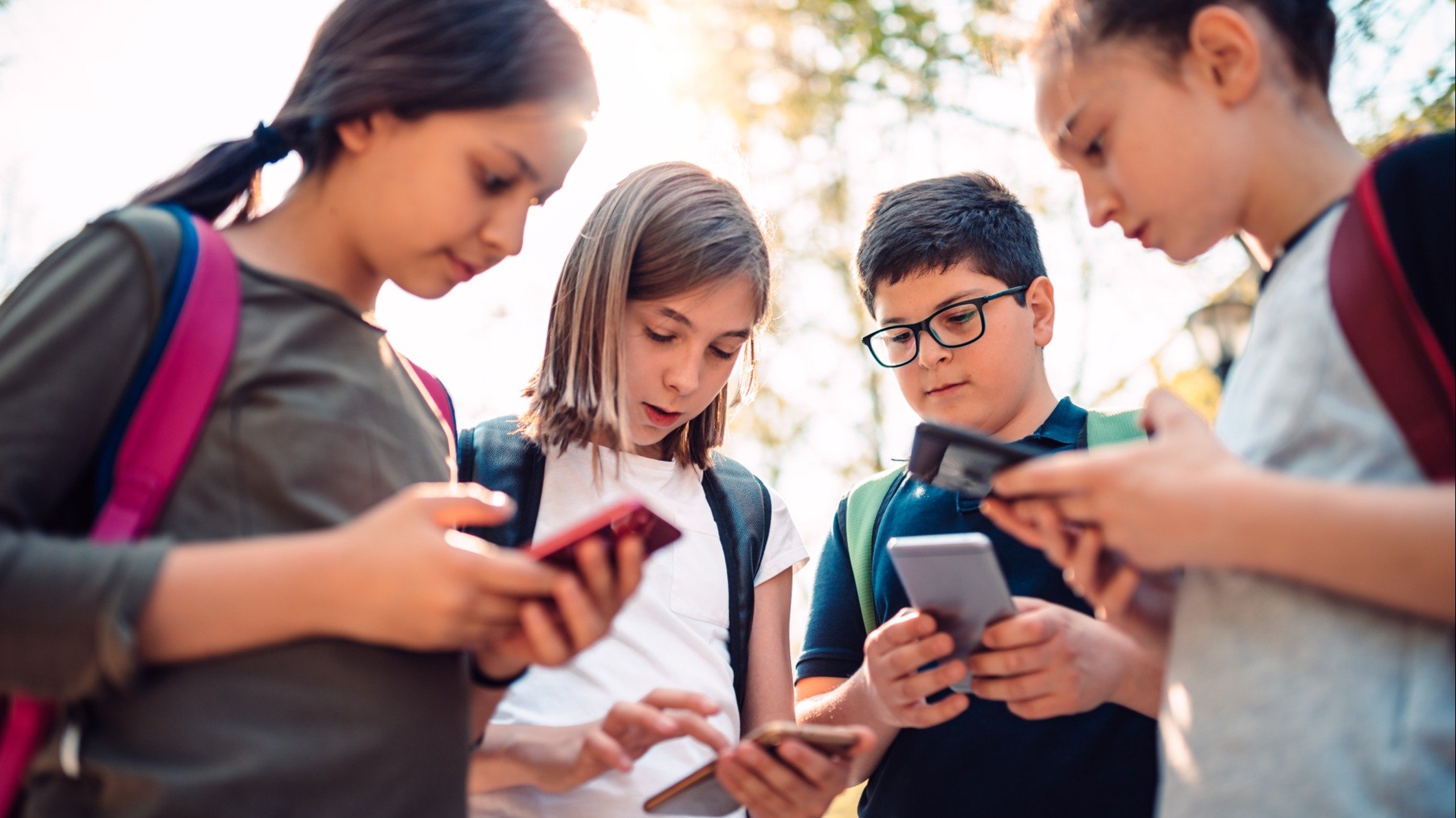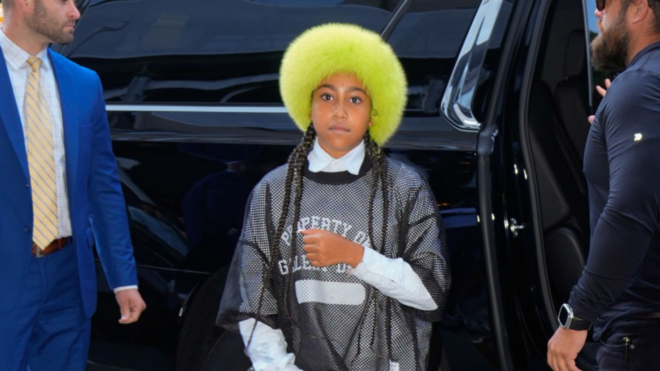
I grew up very sensitive and shy. In fact, decades later, I still have numerous gawky, clumsy, and socially awkward moments. And when I’m feeling cringey, I’m momentarily catapulted back into childhood, blinking back tears when my middle school “best friends” made plans behind my back, asked me directly why I had big lips or looked so tired, or tricked me into gossiping about them on a phone call.
I hoped it wouldn’t happen, but my 4th grader inherited my chronic shyness, sensitivity, and a hyper awareness about school social settings. I’ve done my best to prep her for the “Girl World” of phony friendships, ridiculous fights, and questioning who you can trust. I figured the more she knows now, the emotionally easier it will be for her to deal with cliques.
My daughter has a chat she uses to converse with friends, and when she recently discovered some of her friends created a separate group chat without her, my heart shattered. She’s only 9, but I had to have the talk with her: Don’t take it personally, you’re awesome, you’re sweet, stay positive, your friendships change over time.
Dr. Bethany Cook, a licensed clinical psychologist and relationship expert, shared what to say to my daughter about processing her friendship emotions.
“Actively reframe the thoughts to a perspective of growth. Friendships during these early years of life are so tumultuous, and kids can be so mean. Helping your daughter go from ‘These girls have excluded me; there must be something wrong with me’ to 'I can’t think of any reason why they would exclude me. This isn’t about me, it's about them,’ is priceless and possible,” Cook shared.
“Let’s say there is something your daughter does that these girls don’t like and they tell her… it’s still your daughter's choice to change or not. The bottom line is this — the only power we have in life is how we respond to what happens to us,” Cook added.
Learning life lessons about friendships at a young age, Cook says, will empower your child “to make choices in relationships that fill her up and encourage her to be herself; not question if she’s good enough.”
A growth mindset, Cook added, would also look like: “These girls aren’t really my friends if they treat me like this. It hurts because I want them to like me, but how they treat me makes me not like myself and that’s not good.”
Armed with Cook’s advice, I’m working with my daughter to seek new friendships or create opportunities to make close friends outside of school.
“Protecting our children from being exposed to ’the ugly side of life’ is hard,” Cook stressed. “That being said, if your child is bullied on social media, limit their time on these platforms or explore the idea of ’taking a break’ from social media. If they have a phone for ’safety purposes,’ then get them a flip phone without texting options. She can blame her ‘lame parents’ to save face if she wants. This is about allowing her to have places in her life she can go where bullies can’t reach her.”
While there are things in life you can and can’t control, I’m hoping that with empowerment and support I can always be an ally for my daughters.




